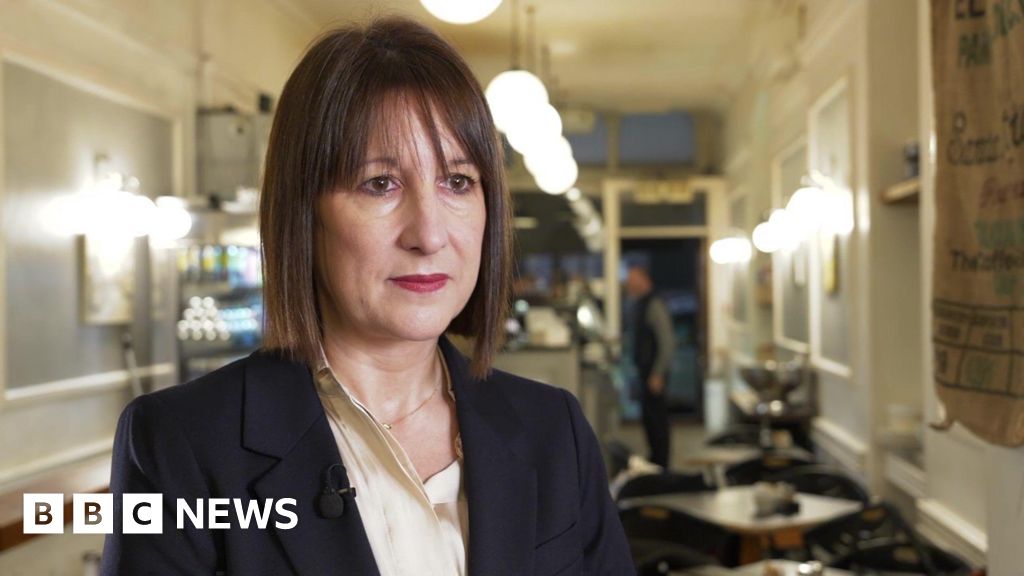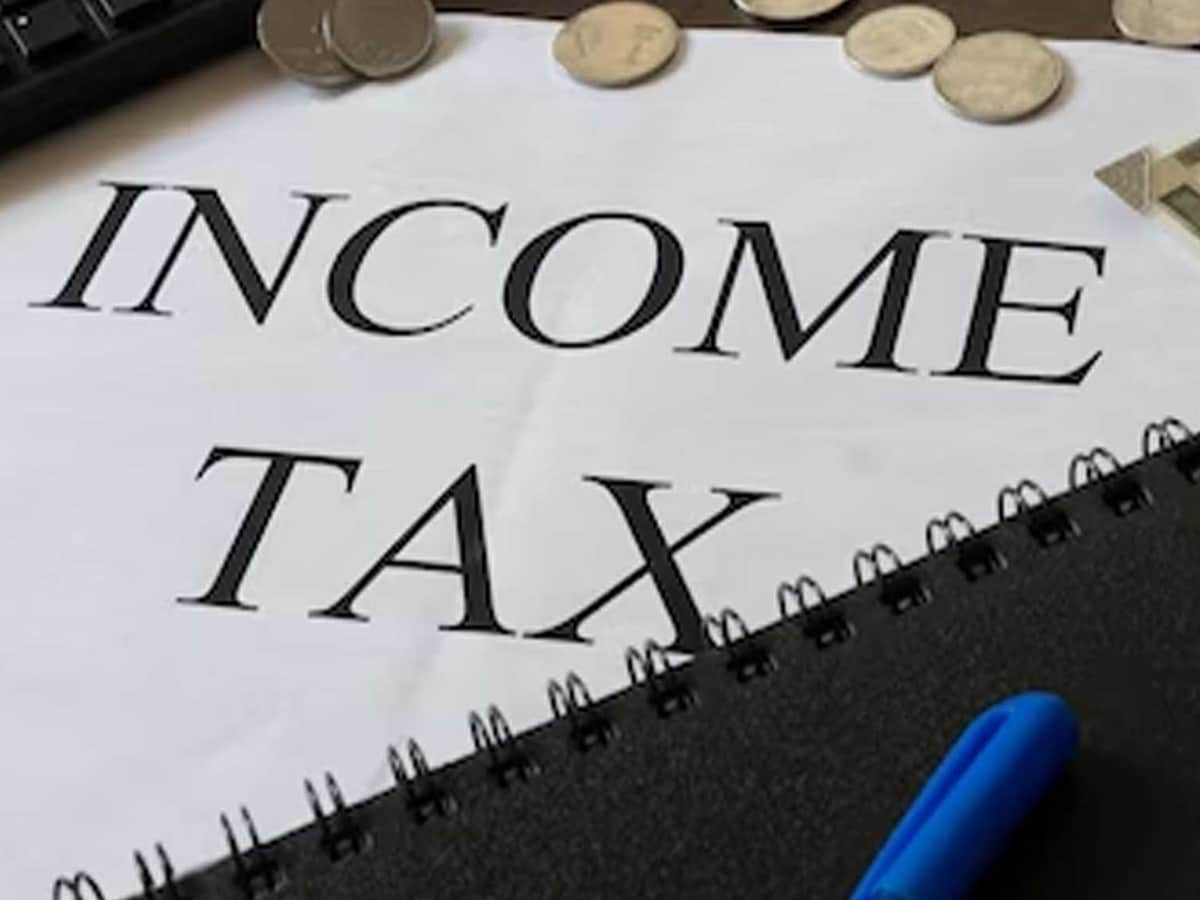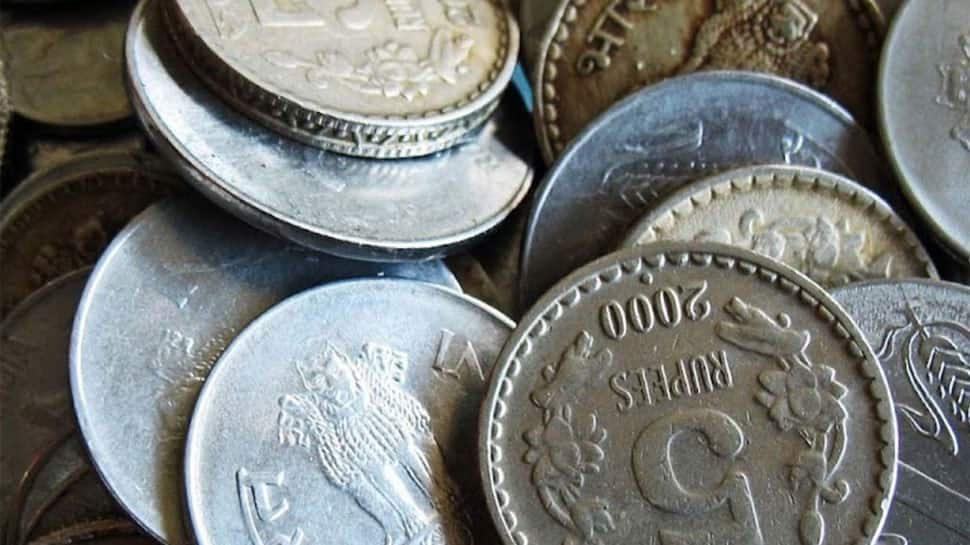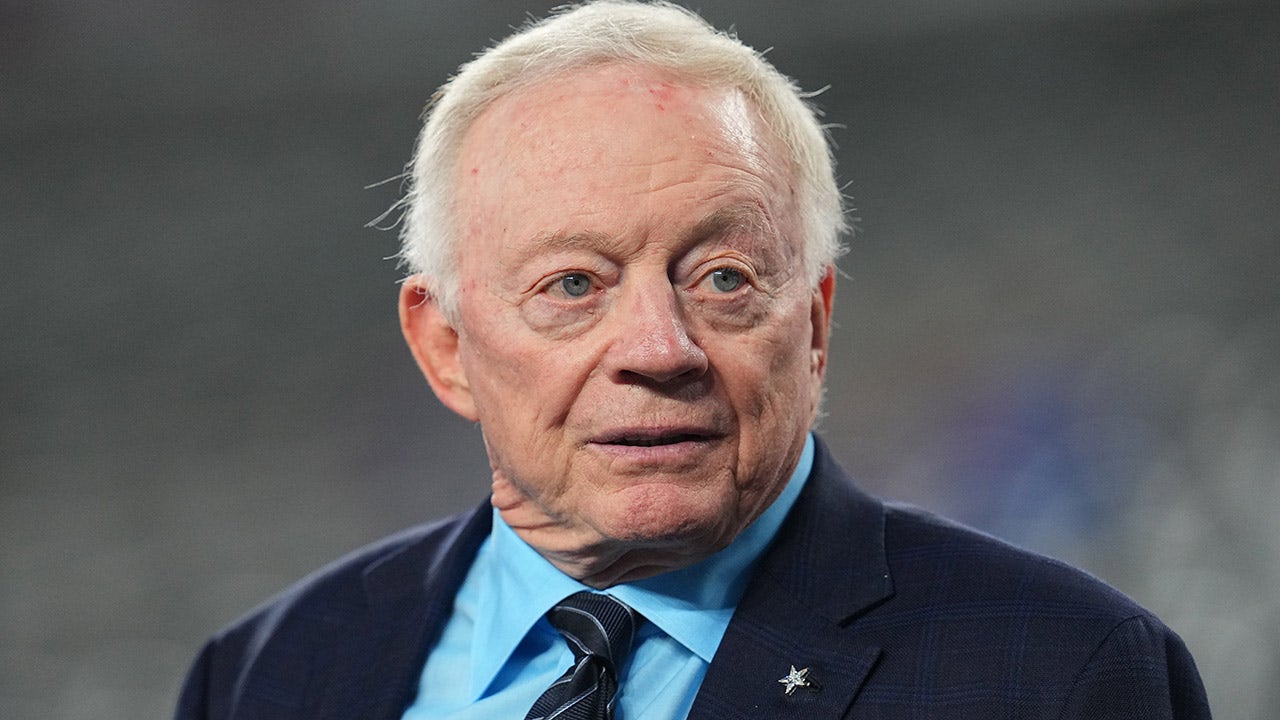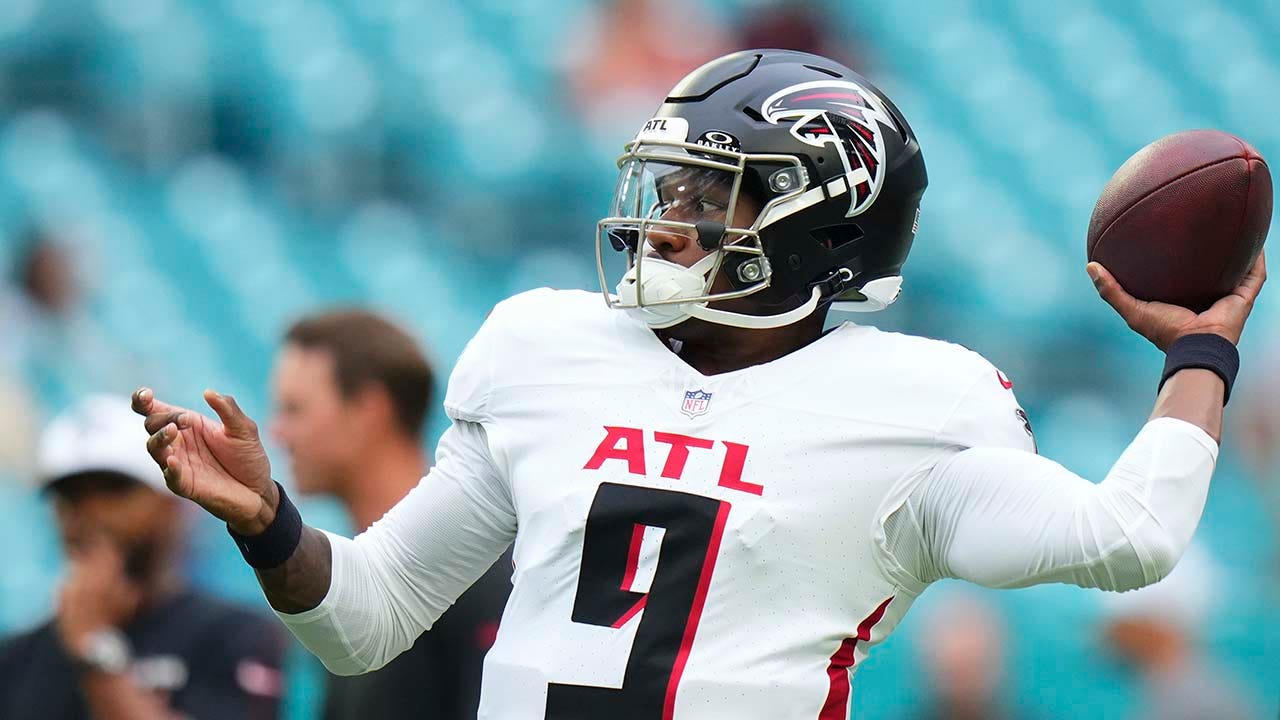LONDON: The prime minister of India has called on UK prime minister Rishi Sunak to take “strong action against anti-India elements” in the UK who have been campaigning for the creation of Khalistan for Sikhs, according to Narendra Modi’s office.
Sunak and Modi spoke on the phone on Thursday, where they discussed the incident outside the Indian High Commission London after pro-Khalistan Sikhs removed the Indian flag and raised the Khalistani flag on top of the Indian High Commission.
A day earlier the Indian government had asked Britain for increased monitoring of UK-based supporters of the Khalistan movement following a “breach of security” at its high commission in London three weeks ago when a group of Sikhs raised Khalistan’s flag at the Indian High Commission after pulling down the Indian national flag. Before PM Modi spoke to his British counterpart, the Indian authorities called on the UK government to monitor groups like the Sikhs For Justice (SFJ) which has been blamed by India for mobilising and radicalising thousands of Sikhs through Khalistan Referendum voting across the Western countries.
A statement from the Indian prime minister’s office said: “PM Modi raised the issue of security of Indian diplomatic establishments in the UK and called for strong action against anti-India elements by the UK government.
“PM Rishi Sunak conveyed that the UK considers the attack on the Indian High Commission totally unacceptable and assured of the security of the Indian mission and its personnel.”
Providing London’s readout of the call, a Downing Street spokeswoman said: “The Prime Minister reiterated his condemnation of the unacceptable violence outside the Indian High Commission in London earlier this month.
“He stressed that extremism had no place in the UK and updated on the steps being taken to ensure the security of the Indian High Commission staff.”
The Downing Street spokeswoman also said the two leaders discussed negotiations on a UK-India free trade agreement.
The spokeswoman said: “Both agreed to direct their teams to expedite progress to resolve outstanding issues and ensure a world-leading deal that would see both economies thrive.”
The statement from Modi’s office said: “They agreed on the need for early conclusion of a mutually beneficial free trade agreement between the two countries.”
The London incident has raised tension between the two countries to the extent that the Indian government removed security from outside the British High Commission in New Delhi. The Indian government protested with the UK diplomats and even suspended important trade talks.
At a meeting in New Delhi between senior British and Indian home ministry officials, the Indian side “specifically conveyed its concerns on the misuse of UK’s asylum status by the Pro-Khalistani elements to aid and abet terrorist activities in India and requested better cooperation with UK”, an Indian government statement said.
Indian media reports have said that the Indian government named the SFJ as the main group that should be monitored and also mentioned Dal Khalsa UK, Babar Khalsa International, Sikh Federation, International Sikh Youth Federation and other groups active in the UK – with a collective following of tens of thousands of Sikhs.
The Indian authorities told the UK delegation that Khalistan Referendum voting by the SFJ started in the UK cities and the events were not stopped despite several requests from the Indian government.
India made demands to the UK authorities during the 5th India-UK Home Affairs Dialogue held in New Delhi. The UK was resented in talks by Permanent Secretary Sir Matthew Mycroft and India was represented by Home Secretary Ajay Kumar Bhalla.
The Indian government said both sides reviewed ongoing cooperation and identified further steps including anti-Indian activities in the UK including pro-Khalistan extremism, among other issues.
Sources have said that the Indian government told the UK delegation that groups like the Sikhs For Justice were involved in the radicalisation of thousands of Sikh youths for the cause of Khalistan and the issue has become a major headache for India.
India and Britain have been at odds after the “Khalistan” flag was raised at the Indian High Commission building but tensions have risen also as thousands of Sikhs protested outside Indian High Commission against the crackdown of the Indian government on Amritpal Singh and shutdown of the internet in the entire Punjab province.
India has been protesting regularly with the Canadian and Australian governments asking to shut down Khalistan Referendum voting by the SFJ but both nations told India they were unable to ban a democratic activity.
The SFJ-led voting has drawn tens of thousands of Sikhs to the polling booths – a sign of how strong the anti-India sentiment is amongst the followers of the Sikh religion.
Britain’s Foreign Minister James Cleverly said last month the country would review security at the Indian High Commission in London following “unacceptable acts of violence” towards its staff.






